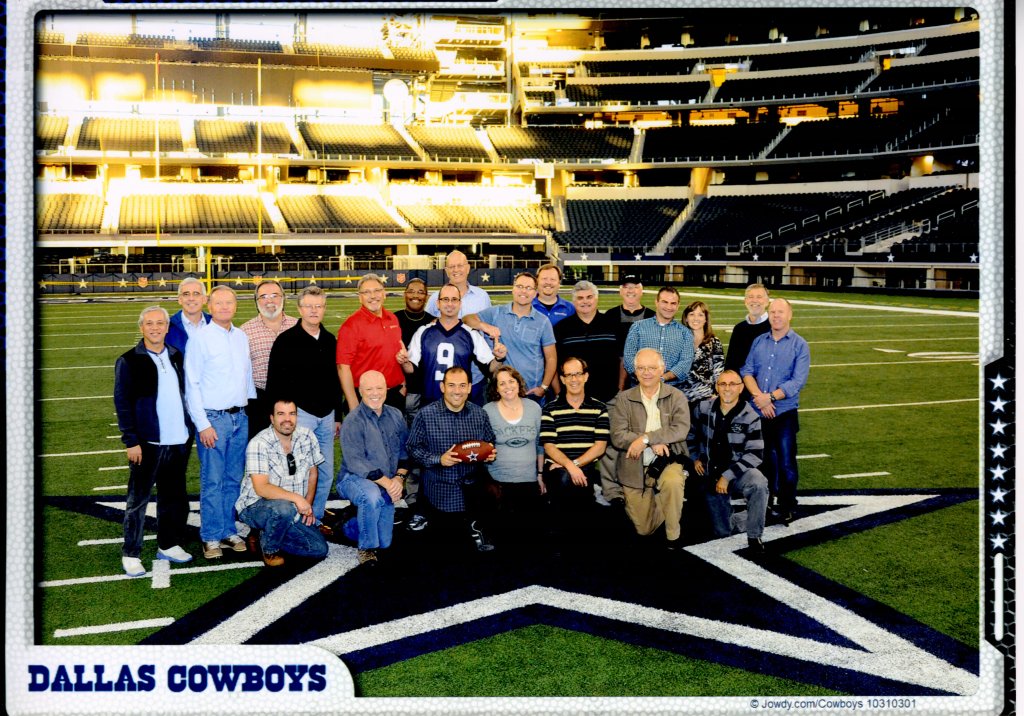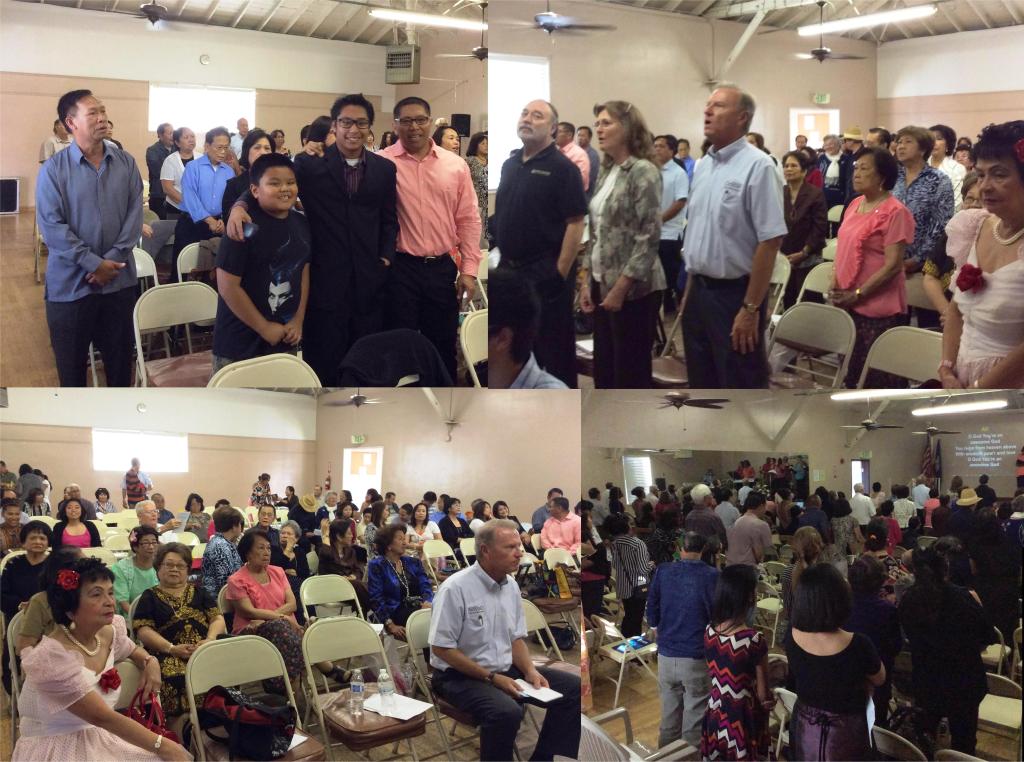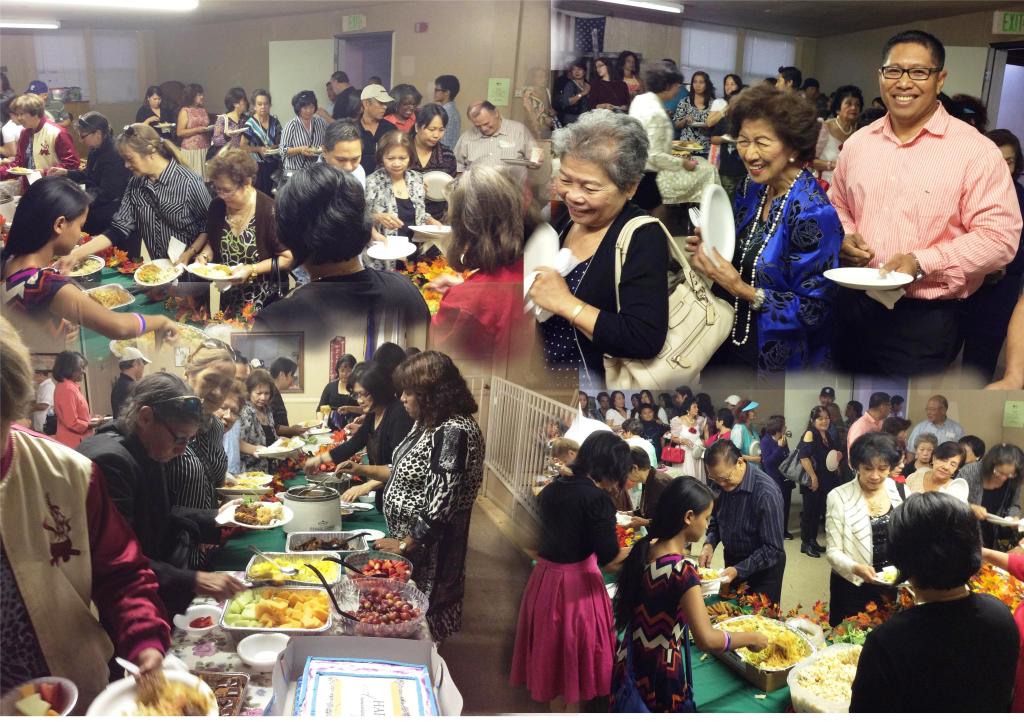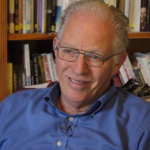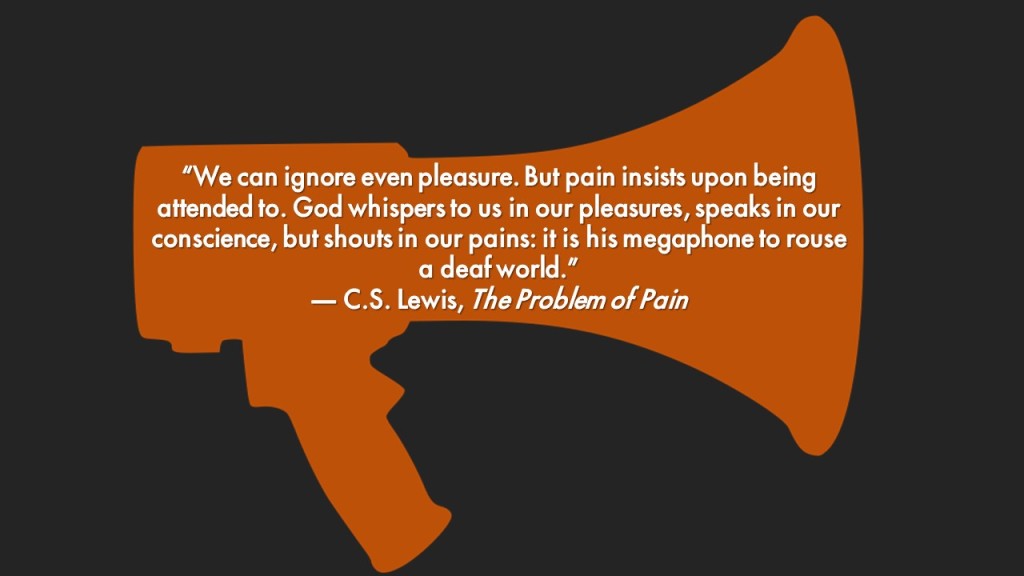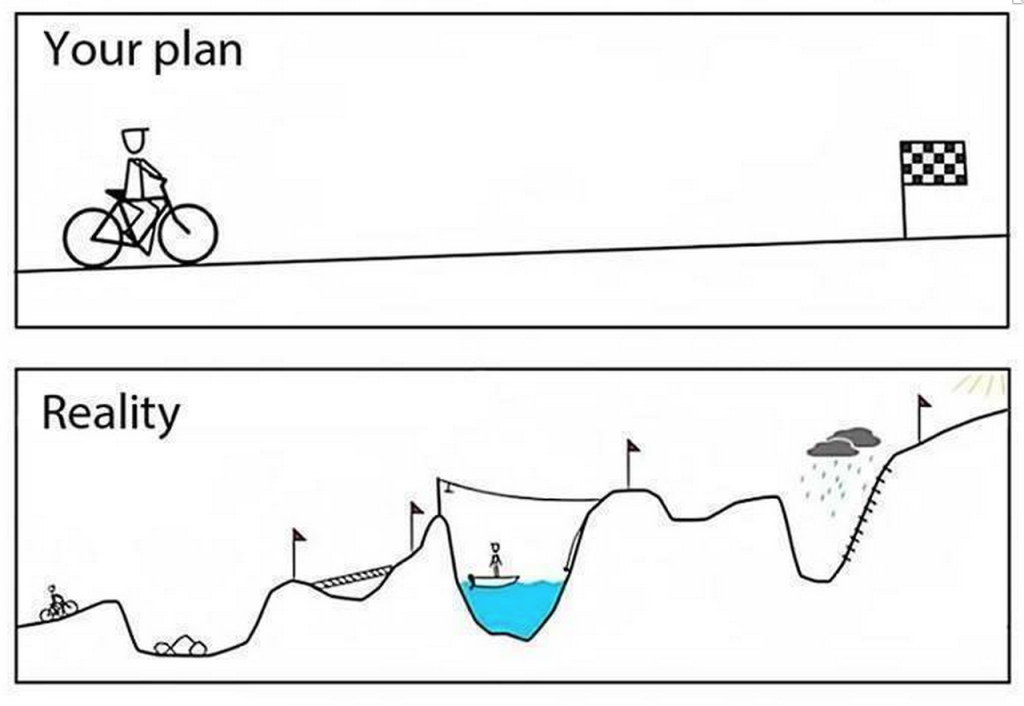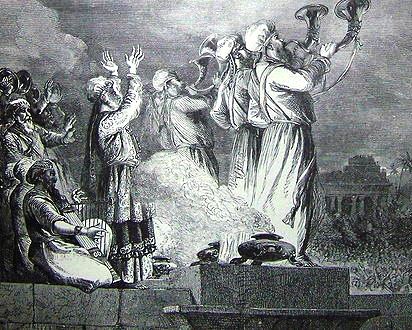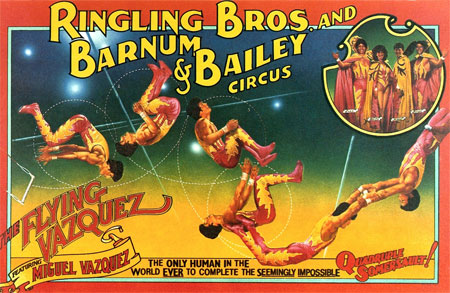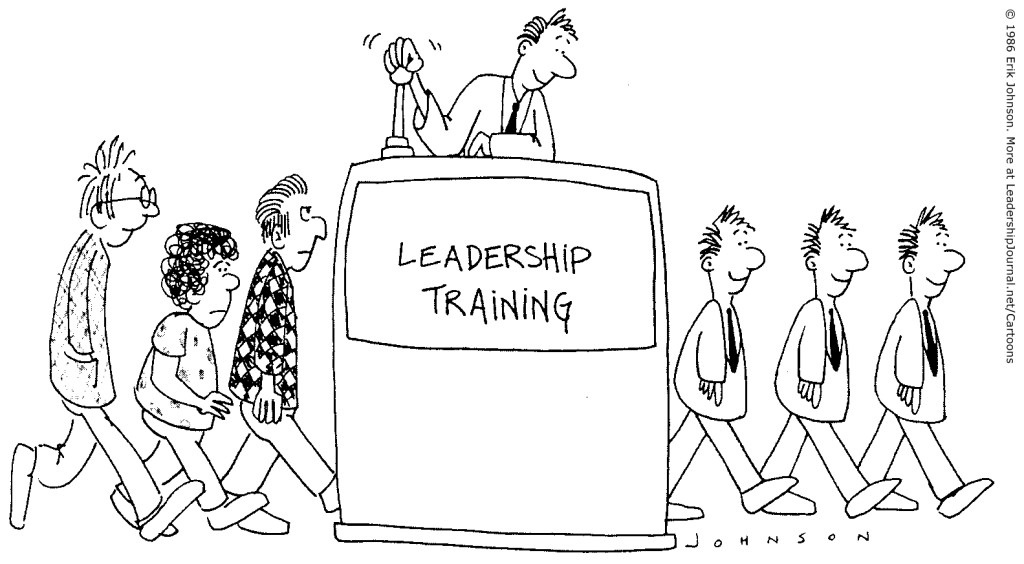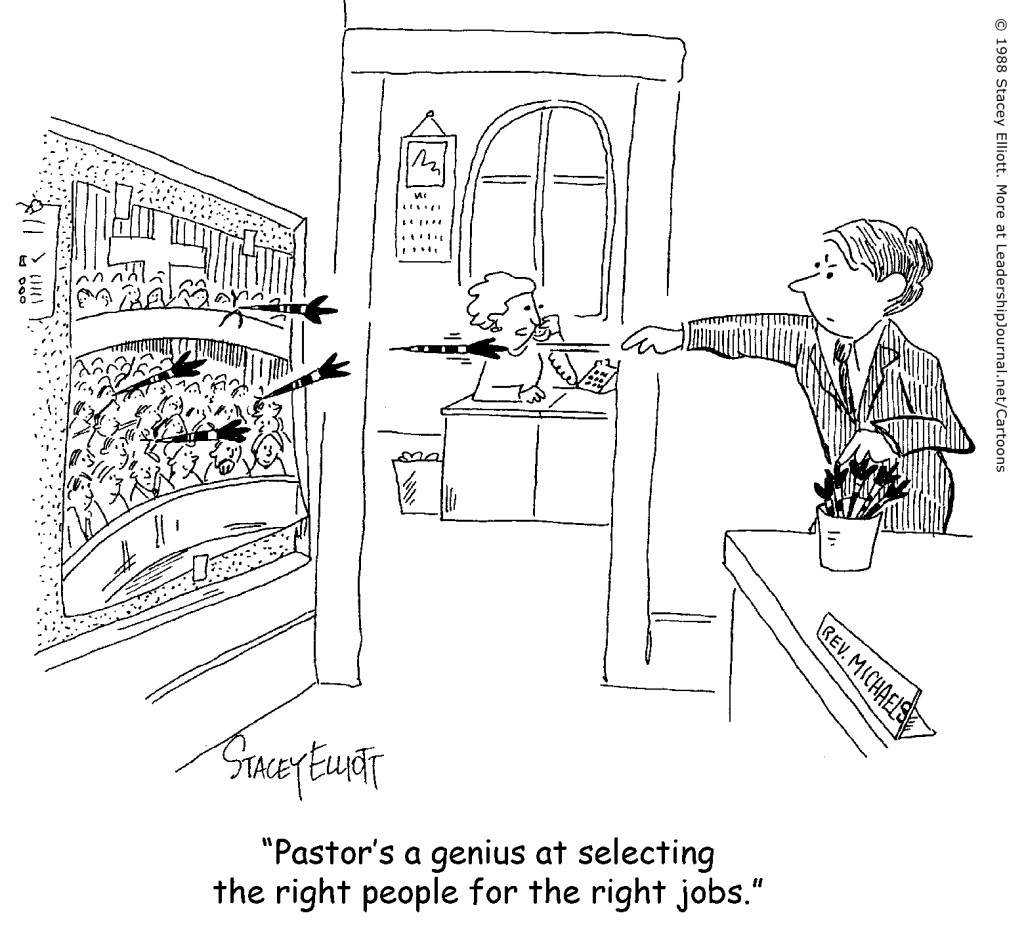Dear Brothers and Sisters in Christ,
 For several decades, the prevailing view in cosmology was called the “steady state” theory, the idea that the universe has always existed and retains its uniform density through continuous creation of matter. But by the 1980s, that theory was largely abandoned in favor of what is known as the “big bang” theory, the idea (shown in the diagram below) that the universe began with a single massive explosion (“big bang”) followed immediately by inflation—expansion bursting from point zero to near the current size of the universe in a trillionth of a trillionth of a trillionth (10 to the minus 32) of a second.
For several decades, the prevailing view in cosmology was called the “steady state” theory, the idea that the universe has always existed and retains its uniform density through continuous creation of matter. But by the 1980s, that theory was largely abandoned in favor of what is known as the “big bang” theory, the idea (shown in the diagram below) that the universe began with a single massive explosion (“big bang”) followed immediately by inflation—expansion bursting from point zero to near the current size of the universe in a trillionth of a trillionth of a trillionth (10 to the minus 32) of a second.
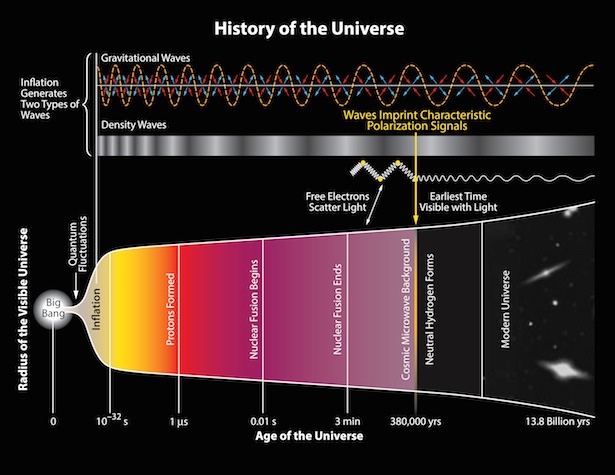
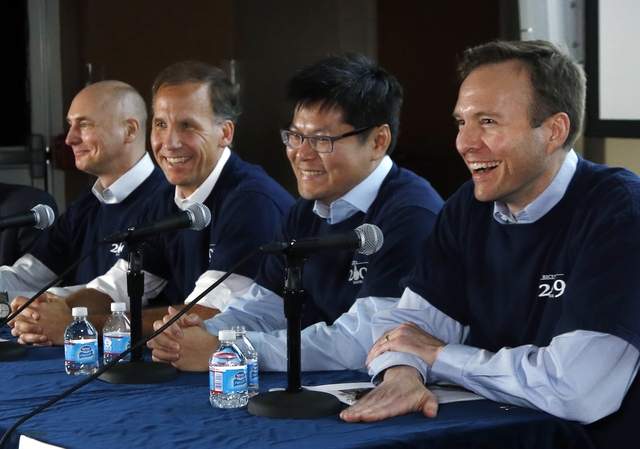
In the 1960s, the big bang theory found support in the discovery of cosmic microwave background radiation, a discovery Stephen Hawking called “the final nail in the coffin of steady state theory.” Einstein’s theory of general relativity predicted this radiation, relating it to waves of gravity that leave ripples in the fabric of an expanding universe like the ripples left in the sand by waves pounding the seashore. Earlier this year, the scientists pictured at right (along with others) discovered what seems to be new evidence for this radiation. One report said that the scientific community is “cautiously exultant,” hailing this discovery as “one of the biggest…of the past two decades.”
Viewing early evidence for the big bang, atheist-turned-agnostic astronomer Fred Hoyle famously stated, “A common sense interpretation of the facts suggests that a super-intellect has monkeyed with physics.” We know that “super-intellect” to be none other than our Creator God. I’m delighted that scientific exploration continues—discoveries about the fabric of our universe provide us with a detailed view of God’s awesome handiwork.
The reason such discoveries are being made is that the beautiful and elegant laws of physics created by God make the universe intelligible. Cosmologists are like detectives in a quest to answer the question that God posed long ago to Job: “Where were you when I laid the foundations of the world?” I find it exhilarating to study the discoveries being made by scientists. As I was reading about the recent ones, I found myself humming a worship song most of you know (here are the lyrics—give thanks that you can’t hear me humming!):
Blessing and honor, glory and power, be unto the Ancient of Days
From every nation, all of creation, bow before the Ancient of Days
I hope the scientific discoveries being made will help people see that God never intended Genesis to be read as though it is a science textbook presenting details of the processes by which the universe began and now operates. Genesis makes no mention of the big bang and cosmic inflation. What it does tell us is that the universe was created by God out of what was “formless”—like a ball of energy and light appearing suddenly out of nothing. Genesis gives, in brief, the story line of an amazing creation event. The big bang theory, which resonates with that story line, fills in the details, addressing what developed once there was something brought into existence by the Word of God from no preexisting matter.
Let me share with you what some world-famous physicists have said of the recent discoveries related to the big bang and inflation:
- “I would say it’s very likely to be correct that we are seeing a signal from inflation,” said Adrian Lee, a University of California at Berkeley cosmologist who is a leader of PolarBear, an experiment based on a mountaintop in Chile that is also searching for evidence of inflation. “But it’s such a hard measurement that we really would like to see it measured with different experiments, with different techniques, looking at different parts of the sky, to have confidence that this is really a signal from the beginning of the universe.”
- “If real, it’s magnificent,” said Harvard astrophysicist Lisa Randall.
- “Inflation—the idea of a very big burst of inflation very early on—is the most important idea in cosmology since the big bang itself,” said Michael Turner, a University of Chicago cosmologist. “If correct, this burst is the dynamite behind our big bang.”
- Princeton University astrophysicist David Spergel said after Monday’s announcement, “If true, this has revolutionary impacts for our understanding of the physics of the early universe and gives us insight into physics on really small scales.”
- Lawrence Krauss, an Arizona State University theoretical physicist, said of the new result, “It gives us a new window on the universe that takes us back to almost the very beginning of time, allowing us to turn previously metaphysical questions about our origins into scientific ones.”
- Cambridge University cosmologist professor Steven Hawking wrote, “The actual point of creation lies outside the scope of presently known laws of physics.”
- According to Professor Joseph Silk of the University of California, author of a recent book on modern cosmology, “The big bang is the modern version of the creation of the universe.”
- Professor Paul Dirac, a Nobel laureate from Cambridge University and a leading physicist of the 20th century, also an avowed atheist, said: “It is certain that the universe began at a definite time through an act of creation.” In reply, Jewish cosmologist professor Nathan Aviezer of Bar-Ilan University said: “It’s an example of Divine irony that it took atheistic scientists like Dirac…to point out the truth of the Torah. At this point I think we can say that creation is a scientific fact.”
Though most scientists do not attribute creation to the transcendent, personal agency of God as do the Bible and Christian theology, I believe that what science is discovering is compatible with the biblical account of creation. Recent discoveries in cosmology affirm that the universe had a point of beginning, which raises the question: Who or what initiated the big bang and the inflation that followed? By its very nature, science cannot answer that question, but the Bible can, and does. And so I’m smiling as I continue to hum…
Every tongue in heaven and earth, shall declare your glory
Every knee shall bow at your throne, in worship
You will be exalted oh God, and your kingdom shall not pass away
Oh Ancient of Days!
Continually humming his praises,
Joseph Tkach
PS: For comments on this topic from evangelical Christian leaders, see a recent NAE post at http://nae.net/resources/news/1205-are-science-and-faith-compatible.
Several of our pastors and ministry leaders met recently in Dallas to discuss our progress as a church planting movement. While there, the group toured the Dallas Cowboy football stadium. Here’s a picture of the group on the field, where they later knelt in prayer. Based on the Cowboy’s recent struggles, they apparently forgot to pray for the football team! (Apologies to Cowboys fans ☺)


